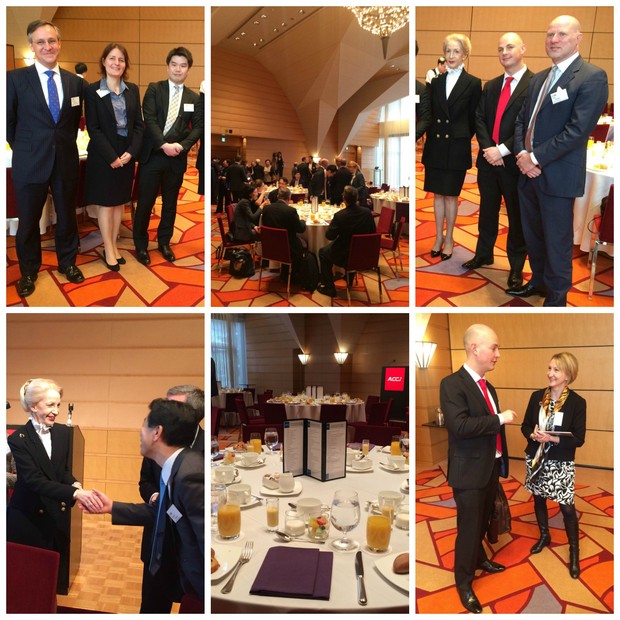”The idea of an octogenarian CEO in questionable health ousting a potential successor to make way for his own son would be met by hackles, maybe even outright laughter, by many corporate governance experts and shareholder activists in the U.S. and Europe. Yet that’s what Dan Loeb accused Seven & i Holdings Co. Chief Executive Officer […]
Discussion Forum
Make a new forum entry
Latest Discussion
| Message from the New Representative Director |


